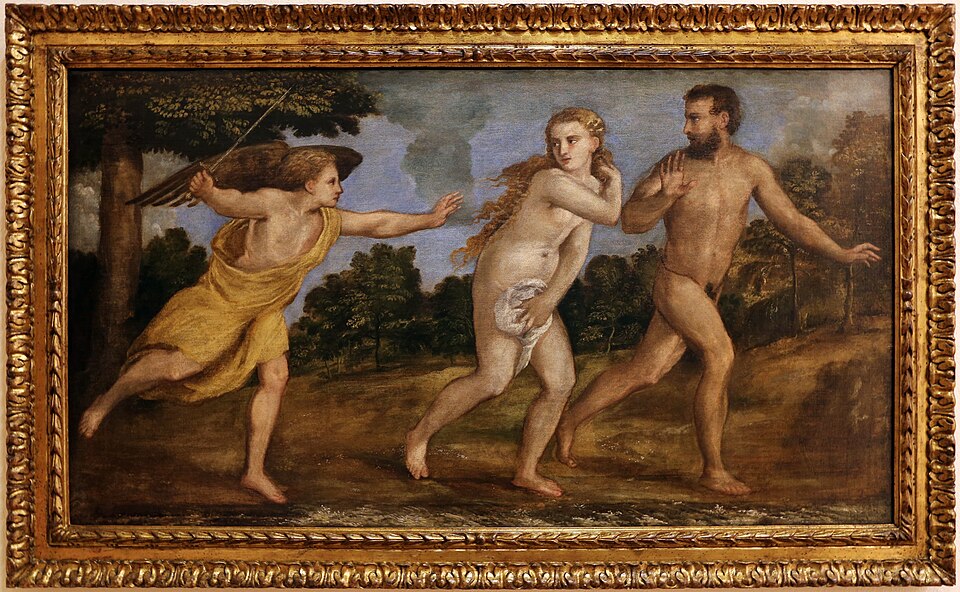In 1 Samuel 23:7-13, man’s free will seems to undermine God’s omniscience:
7 And it was told Saul that David was come to Keilah. And Saul said, God hath delivered him into mine hand; for he is shut in, by entering into a town that hath gates and bars.
8 And Saul called all the people together to war, to go down to Keilah, to besiege David and his men.
9 And David knew that Saul secretly practised mischief against him; and he said to Abiathar the priest, Bring hither the ephod.
10 Then said David, O Lord God of Israel, thy servant hath certainly heard that Saul seeketh to come to Keilah, to destroy the city for my sake.
11 Will the men of Keilah deliver me up into his hand? will Saul come down, as thy servant hath heard? O Lord God of Israel, I beseech thee, tell thy servant. And the Lord said, He will come down.
12 Then said David, Will the men of Keilah deliver me and my men into the hand of Saul? And the Lord said, They will deliver thee up.
13 Then David and his men, which were about six hundred, arose and departed out of Keilah, and went whithersoever they could go. And it was told Saul that David was escaped from Keilah; and he forbare to go forth.
God has foretold David’s capture, but David escapes by fleeing the city.
Arguably, though, this only shows that God’s perfect knowledge extends to counterfactuals, especially those regarding human action.


